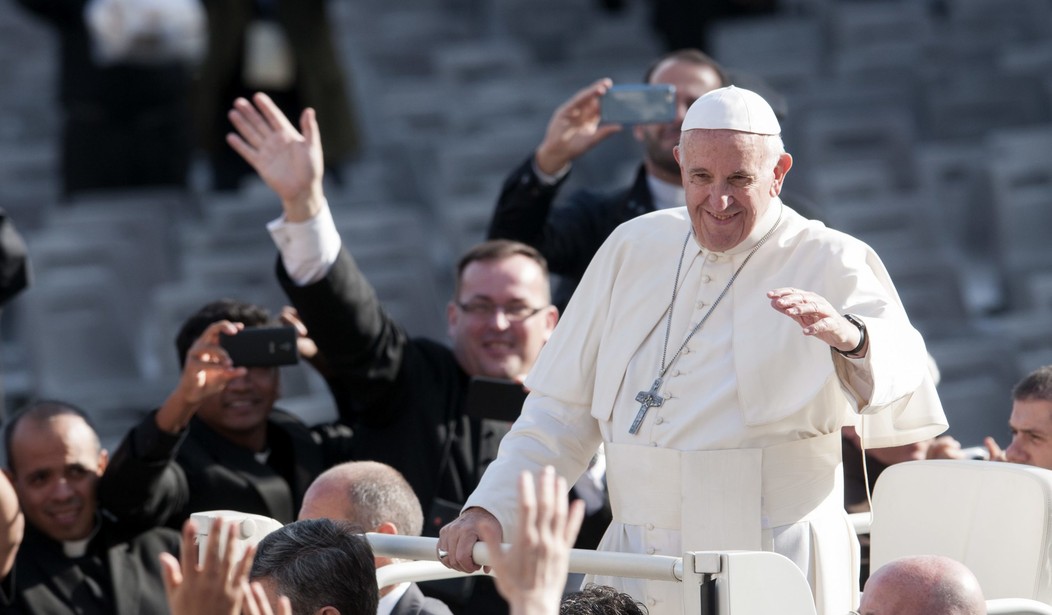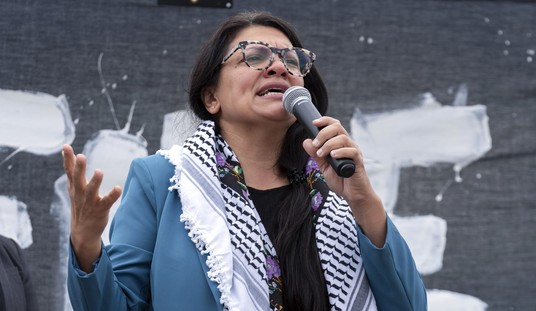Pope Francis ended the Jubilee of Mercy with an apostolic letter exhorting all to “devise specific and responsible ways of practicing charity and the works of mercy,” as “mercy is inclusive and tends to expand in a way that knows no limits.”
The pontiff also extended indefinitely the ability for a woman to confess the sin of abortion to a priest instead of a bishop, and allowed confessions to be heard within the Society of Saint Pius X, an orthodox sect that Pope Benedict XVI declared was not canonical therefore lacked ministerial legitimacy. Francis had allowed both circumstances of confession and absolution during the yearlong jubilee.
The absolution of the sin of abortion is tied to lifting the excommunication that may be levied on procuring an abortion. Canon Law states that a bishop must lift the excommunication unless the power is delegated to priests; in the United States bishops have given priests the power to lift the excommunication for the past three decades.
“I wish to restate as firmly as I can that abortion is a grave sin, since it puts an end to an innocent life,” the pope wrote. “In the same way, however, I can and must state that there is no sin that God’s mercy cannot reach and wipe away when it finds a repentant heart seeking to be reconciled with the Father. May every priest, therefore, be a guide, support and comfort to penitents on this journey of special reconciliation.”
Francis noted the importance of giving “a word of comfort and strength to our families” as “the journey of life that leads a man and a woman to meet one other, to love one another and to promise mutual fidelity before God, is often interrupted by suffering, betrayal and loneliness.”
“We have to remember each of us carries the richness and the burdens of our personal history; this is what makes us different from everyone else. Our life, with its joys and sorrows, is something unique and unrepeatable that takes place under the merciful gaze of God,” he continued. “This demands, especially of priests, a careful, profound and far-sighted spiritual discernment, so that everyone, none excluded, can feel accepted by God, participate actively in the life of the community and be part of that People of God which journeys tirelessly towards the fullness of his kingdom of justice, love, forgiveness and mercy.”
The Jubilee of Mercy began on Dec. 8, 2015, the Feast of the Immaculate Conception, and concluded on Sunday, the Feast of Christ the King.
Pope Francis lauded “true champions of charity who show constant solidarity with the poor and the unhappy” from day to day, emphasizing that “now is the time to unleash the creativity of mercy, to bring about new undertakings, the fruit of grace.”
“In our own day, whole peoples suffer hunger and thirst, and we are haunted by pictures of children with nothing to eat. Throngs of people continue to migrate from one country to another in search of food, work, shelter and peace. Disease in its various forms is a constant cause of suffering that cries out for assistance, comfort and support. Prisons are often places where confinement is accompanied by serious hardships due to inhumane living conditions. Illiteracy remains widespread, preventing children from developing their potential and exposing them to new forms of slavery. The culture of extreme individualism, especially in the West, has led to a loss of a sense of solidarity with and responsibility for others. Today many people have no experience of God himself, and this represents the greatest poverty and the major obstacle to recognition of the inviolable dignity of human life,” he wrote.
“…Our world continues to create new forms of spiritual and material poverty that assault human dignity. For this reason, the Church must always be vigilant and ready to identify new works of mercy and to practice them with generosity and enthusiasm.”
Pope Francis said the “attacks” that call for mercy “with vigilance and solidarity” include “being unemployed or not receiving a sufficient salary; not being able to have a home or a land in which to live; experiencing discrimination on account of one’s faith, race or social status: these are just a few of the many examples of situations that attack the dignity of the person.”
“The social character of mercy demands that we not simply stand by and do nothing. It requires us to banish indifference and hypocrisy, lest our plans and projects remain a dead letter,” the pontiff wrote. “…We are called to promote a culture of mercy based on the rediscovery of encounter with others, a culture in which no one looks at another with indifference or turns away from the suffering of our brothers and sisters.”
“…This is the time of mercy. Each day of our journey is marked by God’s presence. He guides our steps with the power of the grace that the Spirit pours into our hearts to make them capable of loving. It is the time of mercy for each and all, since no one can think that he or she is cut off from God’s closeness and the power of his tender love. It is the time of mercy because those who are weak and vulnerable, distant and alone, ought to feel the presence of brothers and sisters who can help them in their need. It is the time of mercy because the poor should feel that they are regarded with respect and concern by others who have overcome indifference and discovered what is essential in life. It is the time of mercy because no sinner can ever tire of asking forgiveness and all can feel the welcoming embrace of the Father.”









Join the conversation as a VIP Member